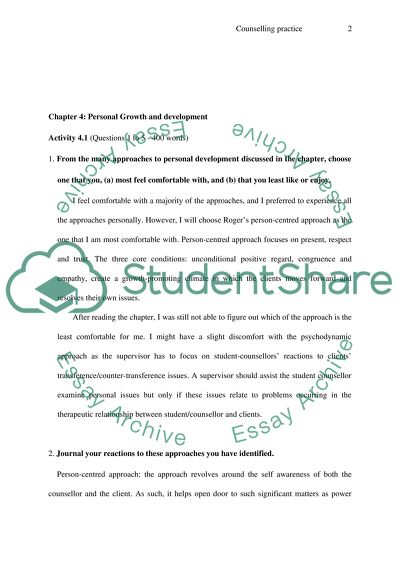Cite this document
(“The Practice of Counselling Essay Example | Topics and Well Written Essays - 1500 words”, n.d.)
The Practice of Counselling Essay Example | Topics and Well Written Essays - 1500 words. Retrieved from https://studentshare.org/miscellaneous/1518150-the-practice-of-counselling
The Practice of Counselling Essay Example | Topics and Well Written Essays - 1500 words. Retrieved from https://studentshare.org/miscellaneous/1518150-the-practice-of-counselling
(The Practice of Counselling Essay Example | Topics and Well Written Essays - 1500 Words)
The Practice of Counselling Essay Example | Topics and Well Written Essays - 1500 Words. https://studentshare.org/miscellaneous/1518150-the-practice-of-counselling.
The Practice of Counselling Essay Example | Topics and Well Written Essays - 1500 Words. https://studentshare.org/miscellaneous/1518150-the-practice-of-counselling.
“The Practice of Counselling Essay Example | Topics and Well Written Essays - 1500 Words”, n.d. https://studentshare.org/miscellaneous/1518150-the-practice-of-counselling.


